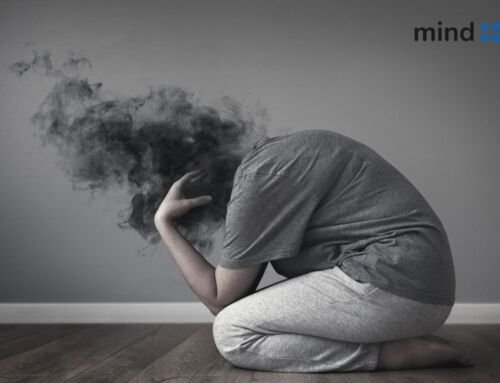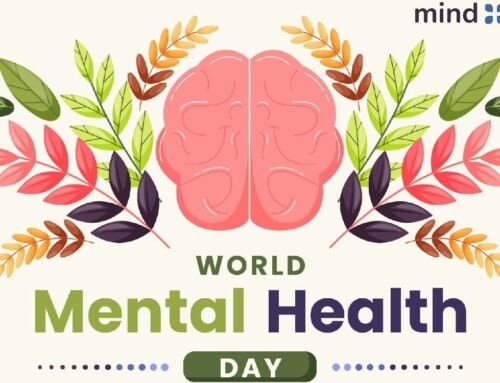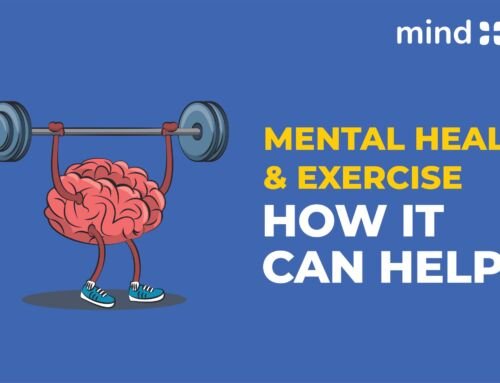Side Effects of Stress
By Srishti Agarwal, Clinical Psychologist
Hans Selye in 1936, coined the term ‘stress’ and defined it as “the non-specific response of the body to any demand for change”. Stress occurs when your body reacts to pressure from a certain situation or event. It can be a physical, mental, or emotional reaction. When you’re under stress, your body reacts by secreting chemicals that generate the “fight-or-flight” response. Your heart rate, breathing rate, and blood pressure go up, your muscles tense, and you sweat more. We all deal with stress at some point in our lives.
Good stress (eustress) is of a moderate level that is necessary for one’s life and can enhance an individual’s performance. Short-term stress (acute stress) occurring in day-to-day life is a normal coping mechanism. However, being constantly stressed out or long-term stress (chronic stress) may contribute to or worsen a range of health problems. The most important part is to recognize the causes and the side effects of stress and cope with it.
Difference between Anxiety and Stress
Stress sometimes can be mistaken for anxiety, and experiencing a great deal of stress can contribute to feelings of anxiety. Stress is a response to an external stimulus, such as a deadline at work, and subsides once the situation has been resolved whereas Anxiety is a person’s specific reaction to stress; its origin is internal and unlike stress, anxiety persists even after concern has passed.

SIDE EFFECTS OF STRESS
Stress can be short-term or long-term. Both can lead to a variety of symptoms, which can affect your body, your thoughts and emotions, and your actions. Recognition of stress symptoms can help you avoid many health issues. When you examine stress’s impact on your life the link between your mind and body becomes apparent. Prolonged stress can not only shorten your life but also seriously erode the quality of the life you live, if you think stress might be affecting you, there are a few signs and symptoms or indicators you can watch for:
Psychological effect (Body)
Sweating, dizziness, racing heartbeat, trembling, increased blood pressure, skin rashes/reddening, aging more quickly, dark circles, hair loss muscle tension, headaches, heart disease, allergies, fatigue, nausea, vomiting, eczema, chronic back pain, irritable bowel syndrome, stroke, weight gain or loss, weakened immunity(frequent colds or infections), digestive issues (including irritable bowel syndrome, heartburn, gastritis, and ulcers), chest pain, decrease in sex drive, irregular menstrual cycle, constipation, upset stomach and problems with sleep.
There are researches showing results of the link between stress and the growth of cancer. Here are some other side effects of stress:

Psychological effects (Brain)
Cortisol (brain chemicals) functions are part of the natural process of the body. But when you experience chronic stress, cortisol level increases in the body, and due to this brain cells can actually die which can wear down the brain’s ability to function properly like; Poor memory or trouble remembering, low self-esteem, poor decision-making, restlessness, withdrawal, loss of motivation, difficulty concentrating, worrying, anxiety, depression, bipolar disorder.
Emotional effects (Feelings)
Being sad, angry, irritated, moody, or frustrated, self-criticism rumination, getting into a rut of thinking about a particular stressor, frequent worry feelings of loneliness.
Behavioral effects (Action)
Such as poor self-care, not having time for the things you enjoy, relying on drugs and alcohol to cope, eating disorders, sleeping problems, and slowness enacts.
Conclusion
In short, stress creates both positive and negative effects. However, in many cases, the adverse effects of stress may receive more attention from an individual because of their contribution to various pathological conditions and illnesses. An individual with stress can treat themselves by using both pharmacological (medications) and non-pharmacological (change in lifestyle, daily exercise, healthy nutrition, and stress reduction programs) therapeutic interventions.





